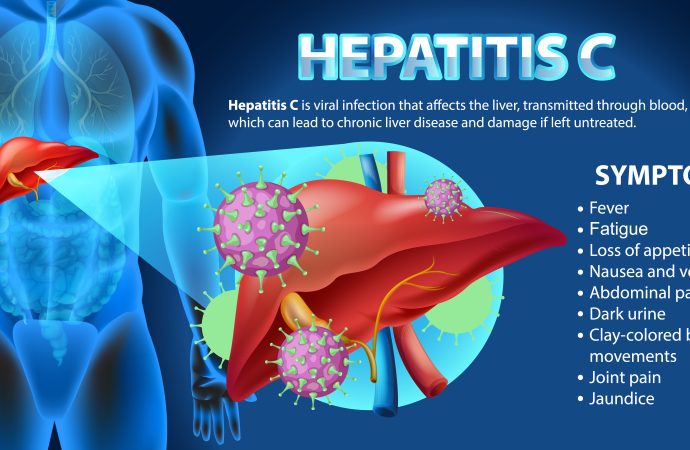Hepatitis is a viral infection that affects the liver, and can have serious health consequences if left untreated. For expecting mothers, the presence of hepatitis can pose additional risks during pregnancy. Here’s what expecting mothers need to know about hepatitis and pregnancy. Types of Hepatitis There are several types of hepatitis, including hepatitis A, B,
Hepatitis is a viral infection that affects the liver, and can have serious health consequences if left untreated. For expecting mothers, the presence of hepatitis can pose additional risks during pregnancy. Here’s what expecting mothers need to know about hepatitis and pregnancy.
Types of Hepatitis
There are several types of hepatitis, including hepatitis A, B, C, D, and E. Each type is caused by a different virus, and is transmitted differently. Hepatitis B and C are the most common types of hepatitis that can be passed from mother to baby during pregnancy or childbirth.
Transmission
Hepatitis B and C can be transmitted from mother to baby during pregnancy, childbirth, or breastfeeding. It’s important for pregnant women to get tested for hepatitis B and C, so that appropriate measures can be taken to prevent transmission to the baby. Hepatitis A and E are not typically transmitted from mother to baby during pregnancy or childbirth.
Risks to the Baby
If a mother has hepatitis B or C, there is a risk that the baby may become infected during pregnancy, childbirth, or breastfeeding. This can lead to chronic hepatitis, liver damage, or even liver cancer later in life. However, with proper medical care and treatment, the risk of transmission can be reduced.
Treatment
Treatment for hepatitis during pregnancy will depend on the type of hepatitis and the severity of the infection. In some cases, antiviral medications may be used to help control the virus. In other cases, close monitoring may be recommended to ensure that the virus does not cause any complications. Pregnant women with hepatitis should work closely with their healthcare provider to develop a treatment plan that’s right for them.
Prevention
Preventing transmission of hepatitis from mother to baby is key during pregnancy. Here are some steps that expecting mothers can take to help prevent transmission:
- Get tested for hepatitis B and C during pregnancy.
- If you have hepatitis B, your baby should receive the hepatitis B vaccine and hepatitis B immune globulin (HBIG) within 12 hours of birth.
- If you have hepatitis C, your healthcare provider may recommend antiviral treatment during pregnancy to reduce the risk of transmission.
- Avoid alcohol and drugs during pregnancy, as these can worsen liver damage in people with hepatitis.
- Practice safe sex to reduce the risk of contracting hepatitis B or C.
In Conclusion
Hepatitis can pose additional risks for expecting mothers and their babies. It’s important for pregnant women to get tested for hepatitis, and to work closely with their healthcare provider to develop a treatment plan that’s right for them. Preventing transmission of hepatitis from mother to baby is key, and there are steps that expecting mothers can take to help reduce the risk. With proper medical care and treatment, it’s possible to manage hepatitis during pregnancy and protect the health of both mother and baby.

















Leave a Comment
Your email address will not be published. Required fields are marked with *